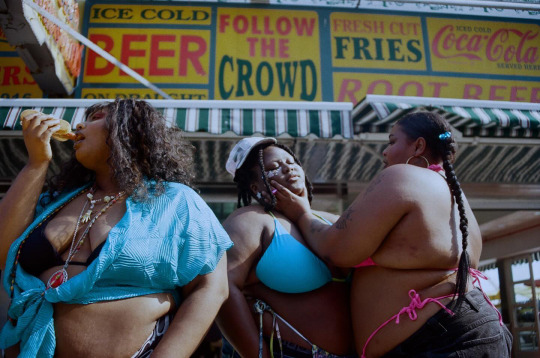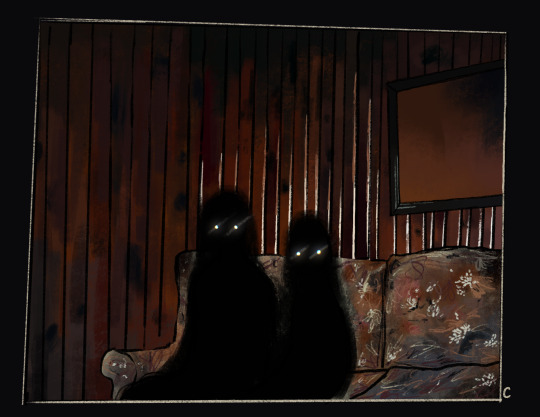about • just here watching the record spin
Last active 60 minutes ago
Don't wanna be here? Send us removal request.
Text


Illustrations for SLAPS!Volume 4 at Elephant Room Gallery in Chicago
20K notes
·
View notes
Text
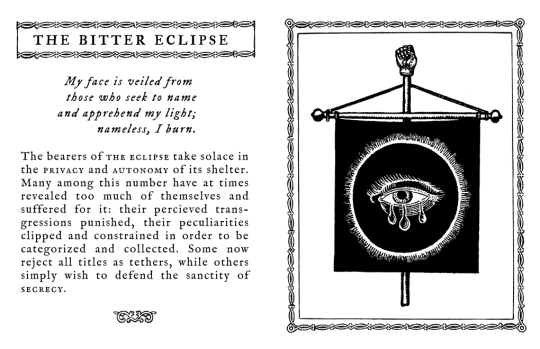
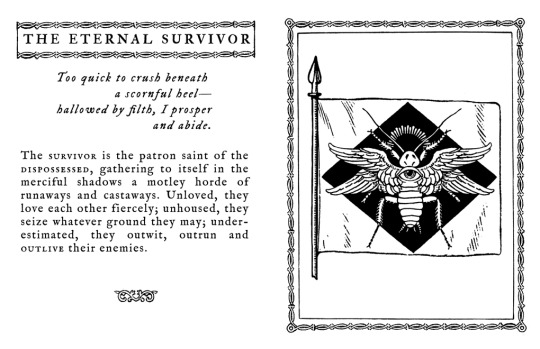
will be printing this new zine (quarter-page size, it's a pocket guide) for an upcoming local zinefest, but you can get it as a PDF now for free or pay-what-you-want! original poetry, prose & digital collage on the subject of (fictional) queer flags. a gentle critique & an earnest tribute at the same time.
411 notes
·
View notes
Text
renowned pro athlete jaime that runs over bran with his porsche bc he was getting road head and is then put into prison and immediately manages to antagonize a powerful mob kingpin or whatever in there leading to him getting maimed the moment he gets out creating intense twitter discourse about the ethics of making fun of him is the only modern au that i am profoundly interested in
587 notes
·
View notes
Text
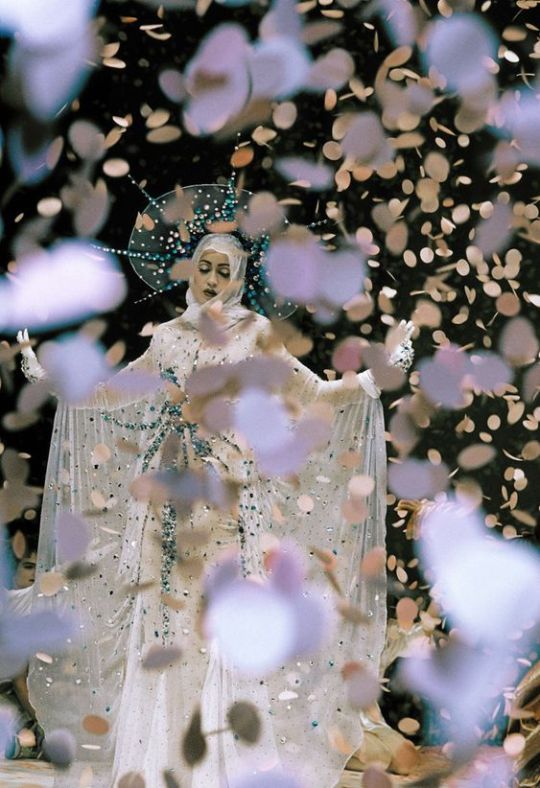
Pat Cleveland @ Thierry Mugler Fall/Wint 1984
478 notes
·
View notes
Text
it is so sinister how ambiguity and multiplicity are viewed as immature, underdeveloped, as a stepping-stone to "real" (binarized, static) identity. whether with bisexuality, nonbinariness, polyamory, or identities seen as more "out there" like plurality / alterhumanity.
taken together these approaches to relationality/self&selveshood are a reminder that there is no such thing as fate, and that there are aspects of our lives opaque and unknown to ourselves and to others. it's "childish", isn't it? living in ambiguity and mystery, refusing to be just one thing? this element of supposed "childishness" is actually part of a powerful relational politic in a bioessentialist world.
900 notes
·
View notes
Photo


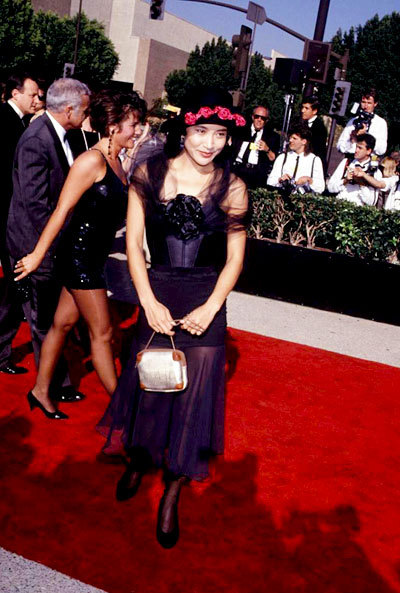





Joan Chen red carpet looks from the 90′s
30K notes
·
View notes
Text
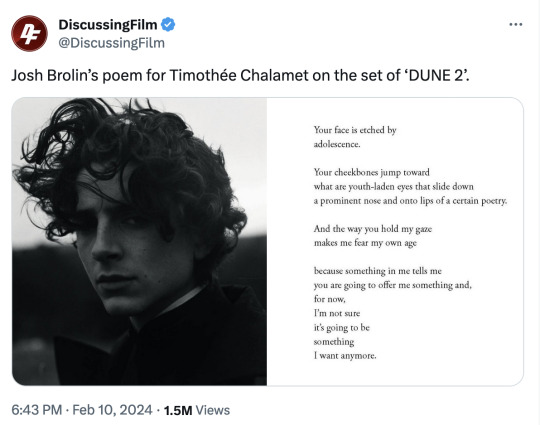
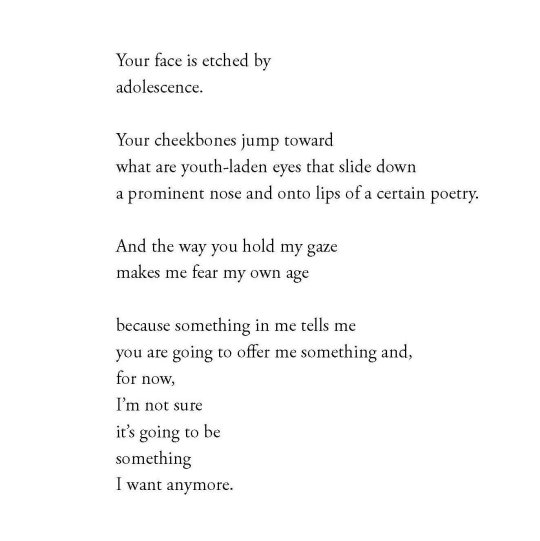
new yaoi just dropped
2K notes
·
View notes









